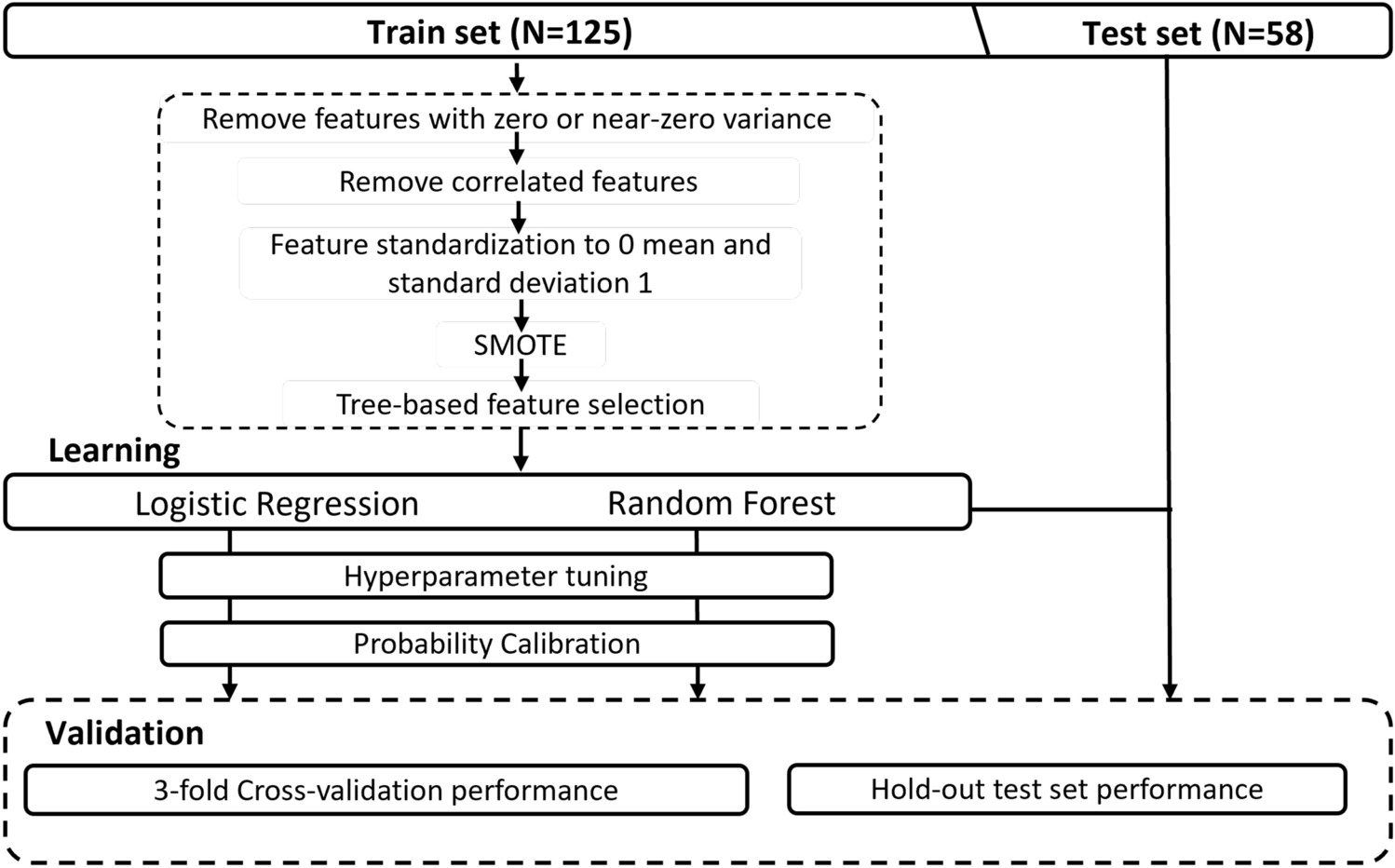The paper “Value of handcrafted and deep radiomic features towards training robust machine learning classifiers for prediction of prostate cancer disease aggressiveness”, co-authored by LASIGE’s PhD student Nuno Rodrigues has been published in Nature’s Scientific Reports journal, a top-ranked journal (h5-index 206; Scimago Q1). The paper is first authored by Ana Rodrigues (Champalimaud Research and FMUP) and also counts as co-authors João Santinha (Champalimaud Research and IST/UL) , Maria V. Lisitskaya (Lomonosov Moscow State University), Aycan Uysal (University of Health Sciences, Turkey), Celso Matos (Champalimaud Research), Inês Domingues (IPC and CI-POP), and Nickolas Papanikolaou (Champalimaud Research).
The study follows the growing evidence that artificial intelligence may offer promising prospects for the entire prostate cancer disease continuum. In particular, recent studies have demonstrated that radiomic features extracted from the prostate gland itself may provide a more stable and effective alternative to lesion-based radiomics, which is associated with a diverse range of caveats. Regardless of the region of interest, building machine learning algorithms robust to inter- and intra-radiologist segmentation variability remains a significant challenge. With this goal in mind, the team conducted an extensive study, employing data from two expert radiologists, where they evaluated several different strategies not only to handle and minimize the variability but also to see if it is possible to leverage it.
The results indicate that using data from only one radiologist and removing features based on the lack of intra-expert correlation resulted in a poor generalization capability, whilst using data from both radiologists and removing unstable features resulted in a statistically significant improvement of generalization capability.
The paper is available here.
